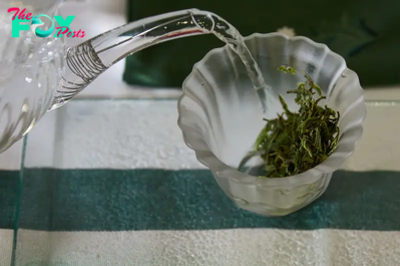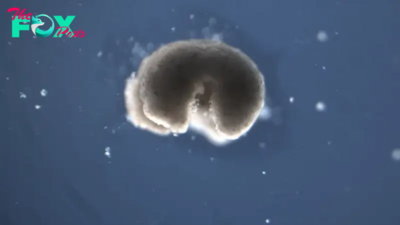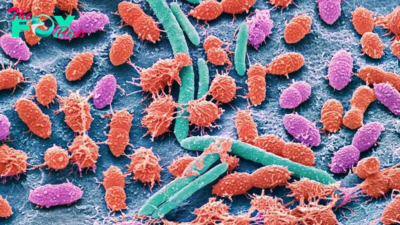Health
Saline nose drops may shorten colds and cut transmission, trial hints
For centuries, the common cold has eluded effective treatments — but now, a study hints that simple nose drops may help subdue the virus, shortening symptoms by days and reducing the likelihood of spread to others.
The nose drops contain just two ingredients: water and salt. The solution is known as "hypertonic saline," meaning it contains a higher concentration of salt than is typically found in bodily fluids.
"We presume that the impact of the hypertonic saline drops was to reduce viral loads," or the amount of virus in the body, said study co-author Dr. Steve Cunningham, a professor of pediatric respiratory medicine at the University of Edinburgh.
The team didn't test this idea directly, but "it is commonly understood that higher viral loads have a greater capacity for transmission," he said.
Related: When did humans start getting the common cold?
Cutting the length and transmission of colds by even a little could have big impacts, Cunningham added. The average adult experiences two to four colds per year, but these numbers are about twice as high in children, in part because they have yet to build immunity to the more than 200 cold-causing viruses. These illnesses are typically mild but can sometimes lead to severe complications.
And even mild colds come at a cost — doctor visits can be inconvenient and costs of treatments add up, especially if the illness results in missed work or school time.
-

 Health1h ago
Health1h agoAirPods and Apple Watches Will Soon Come With More Health Features
-

 Health2d ago
Health2d agoEndometriosis pain leads to missed school and work in two-thirds of women with the condition, new study finds
-

 Health2d ago
Health2d agoPhilly residents with opioid addiction get medication from the ‘bupe bus’ − creating a path for treatment
-

 Health2d ago
Health2d agoLess than 1% of abortions take place in the third trimester – here’s why people get them
-

 Health2d ago
Health2d ago15 Things to Say When Someone Comments on Your Weight
-

 Health3d ago
Health3d agoUnderstanding 4 of the Most Common Complications of Hypertrophic Cardiomyopathy
-

 Health3d ago
Health3d agoGreen Tea Is Even Better For You Than You Think
-

 Health4d ago
Health4d agoIs Friendship Therapy the Next Big Thing in Mental Health?


























